Okay, admit it — you have a favorite pavilion in the World Showcase at EPCOT.
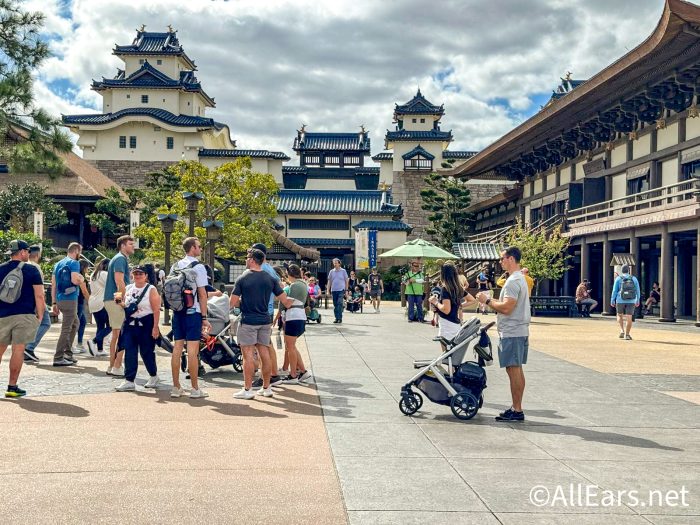
For many of us, it’s gotta’ be the Japan Pavilion: first, it’s got one of the BIGGEST stores in all of Disney World, Mitsukoshi. Plus there is SO much amazing food that can be found here (we’re all about that kakigori). We also love spending some time in the garden, which offers a rare moment of zen in the chaos of Disney World. If you love the Japan Pavilion as much as we do, we’re going to tell you a bit about its secrets.
So one of the most beautiful aspects of the Japan pavilion is its architecture, and you might be surprised at how much thought was put into the buildings you see in the pavilion. One of the first things you see when you walk by the pavilion is the large red torii gate. This gate is inspired by the one located off the coast of Itsukushima Island in southern Japan. That includes the “barnacles” at the bottom of the gate, which are also on the original it was inspired by.
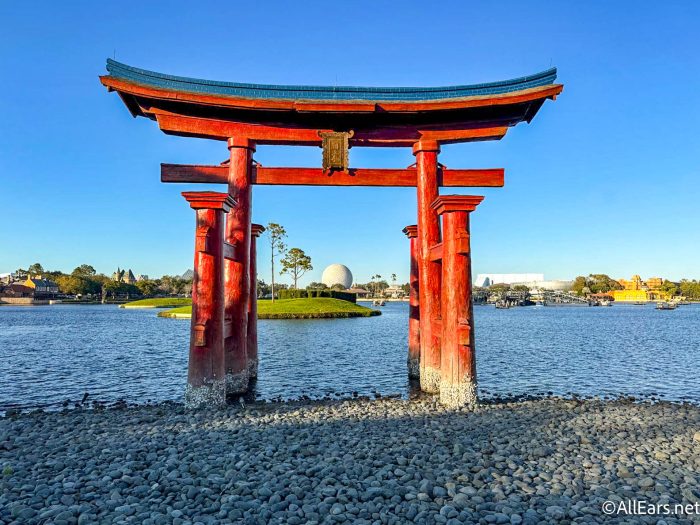
Torii gates are most associated with Shinto shrines, although you will also find some Buddhist temples that have incorporated the gates into their designs. They mark the transition from the “profane to the sacred,” so basically walking through one means that you’re being purified and you’ve become worthy to walk on sacred ground.
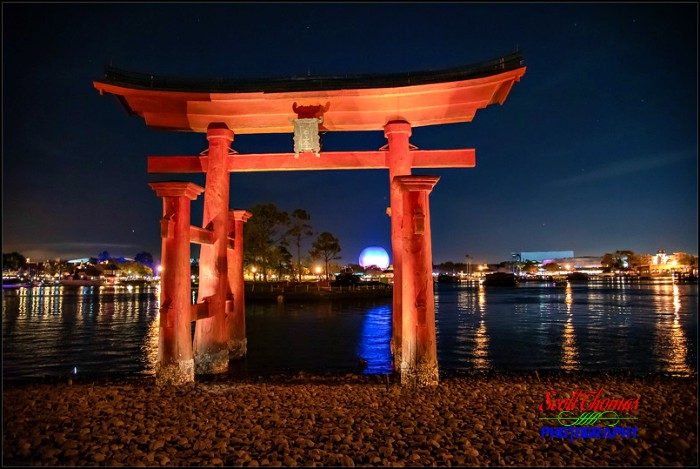
The second structure you will immediately notice is the five-story pagoda, goju-no-to. This pagoda is designed after an eighth-century pagoda fund at Horyuji Temple in Nara, Japan. The five stories, or tiers, represent the elements. From bottom to top, the tiers represent earth, water, fire, wind, and sky.

The roof has a sōrin, or vertical shaft, that has several sections, with each being symbolic. The one in EPCOT has nine rings which act as wind chimes. It’s also topped with a water flame. However, this pagoda also has a lightning rod, thanks to its location in Florida.
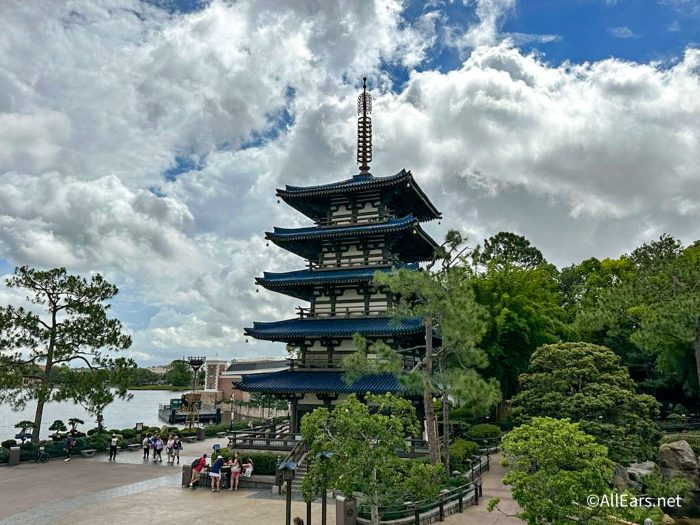
The garden uses a lot of traditional Japanese architectural designs, including rockwork that represents the enduring nature of the earth, bridges that represent transition, stone lanterns traditionally used by tea masters to guide guests to tea, and fences.
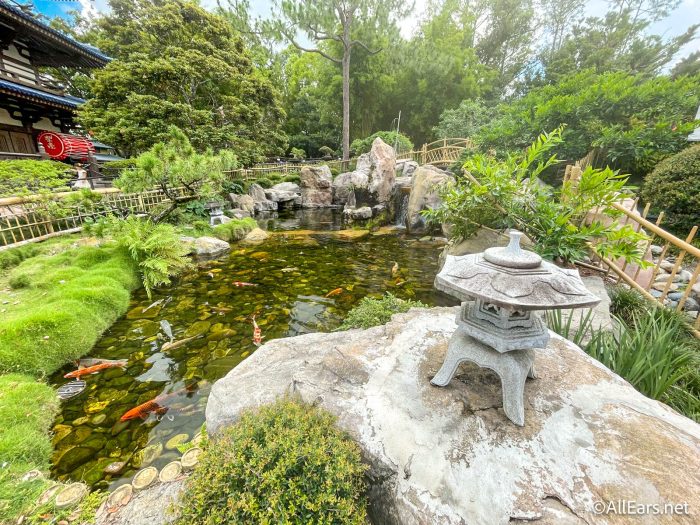
Katsura Grill is designed after the traditional Japanese tea houses located at The Katsura Imperial Villa (tea ceremonies are an experience in Japanese culture). Granted, Katsura Grill is NOT a teahouse, but a quick service restaurant for hungry Disney World visitors. However, take note of the bamboo fence, which is based on the one at the Imperial Villa.
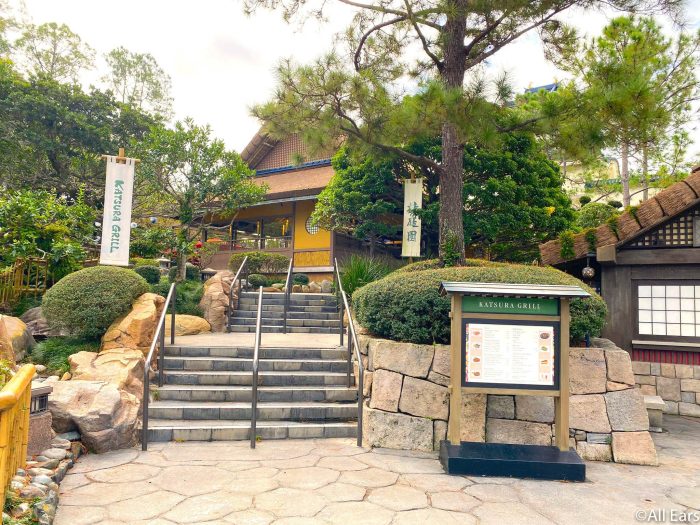
Did you know that EPCOT has its own castle? You’ll find it at the back of the Japan Pavilion. It’s modeled after Himeji Castle, one of the best-preserved fortresses of early Japan. The castle in the Japan pavilion even has two moats, just like Himeji Castle. The Japan Pavilion’s castle houses a museum, part of Mitsukoshi, and a Kidcot station. However, it was initially planned to be the entrance to an attraction called Meet The World that never happened.
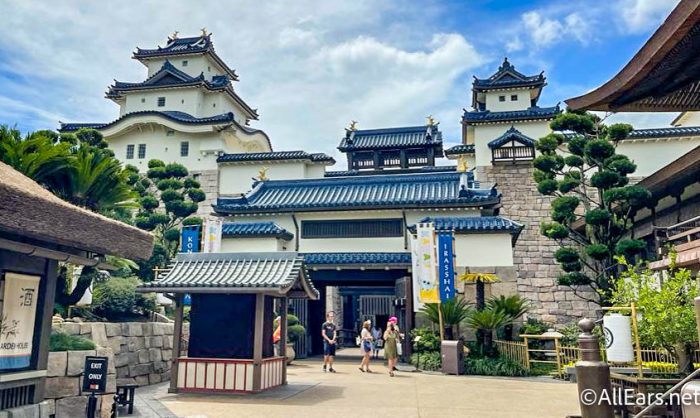
The large building that houses two restaurants and Mitsukoshi was modeled after the Gosho Imperial Palace in Kyoto.
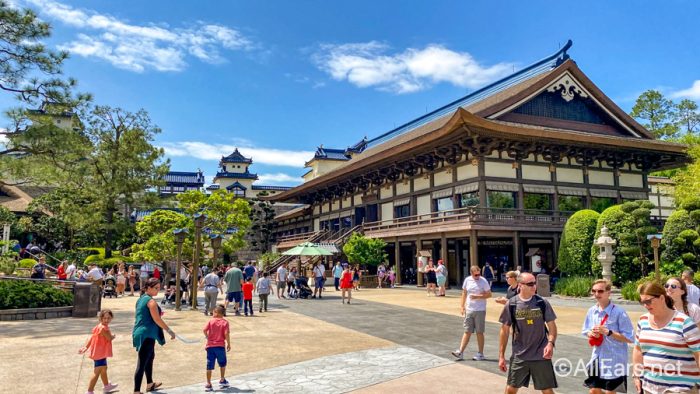
The Japan Pavilion has even recreated the Shishinden, or Hall of Ceremonies. The original was built in 794 and is believed to be one of the first true styles of Japanese architecture. The large stairway in the Japan Pavilion leads to the second floor of EPCOT’s Shinshinden. You’ll find two table service restaurants, Shiki-Sai: Sushi Izakaya and Teppan Edo.
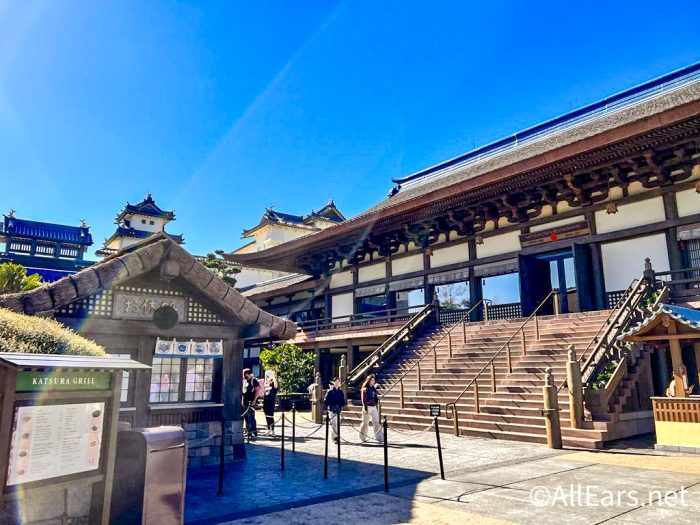
So as you can see, the biggest secret about EPCOT’s Japan Pavilion is its high level of Japanese architectural detail.
Check back with AllEars again soon for more.
11 Must-Have Souvenirs From the Japan Pavilion in EPCOT
Join the AllEars.net Newsletter to stay on top of ALL the breaking Disney News! You'll also get access to AllEars tips, reviews, trivia, and MORE! Click here to Subscribe!

What’s your favorite detail about the Japan Pavilion? Let us know in the comments!

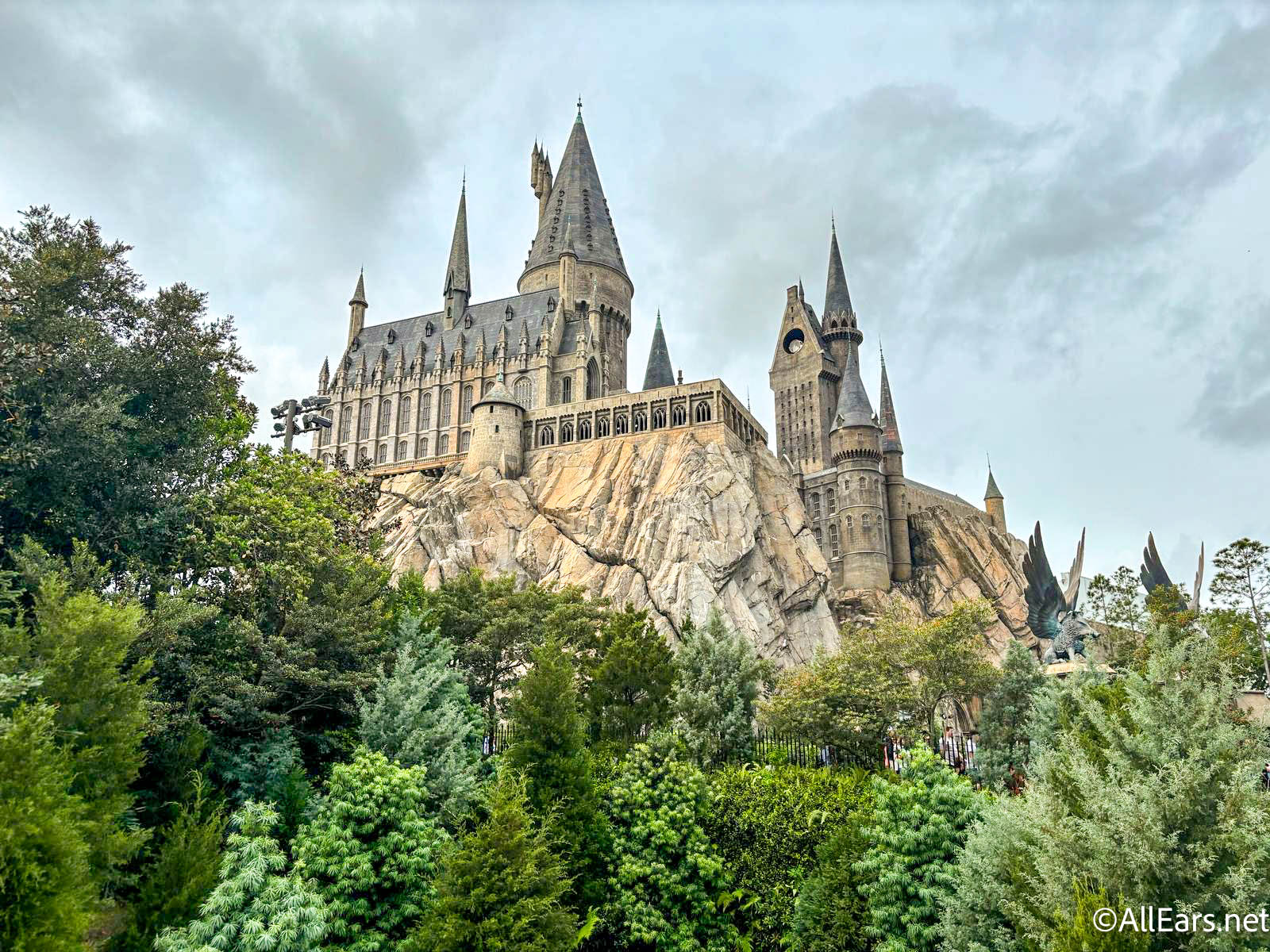
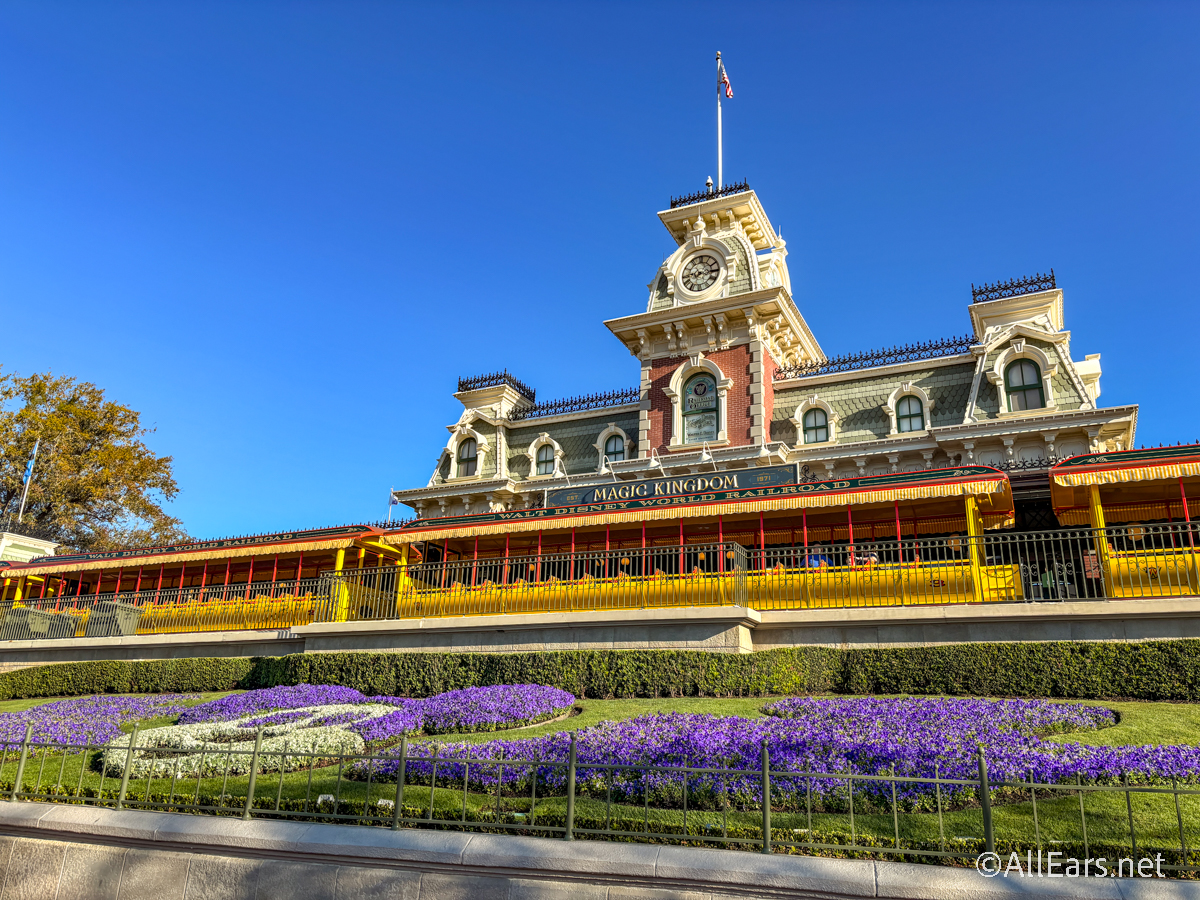
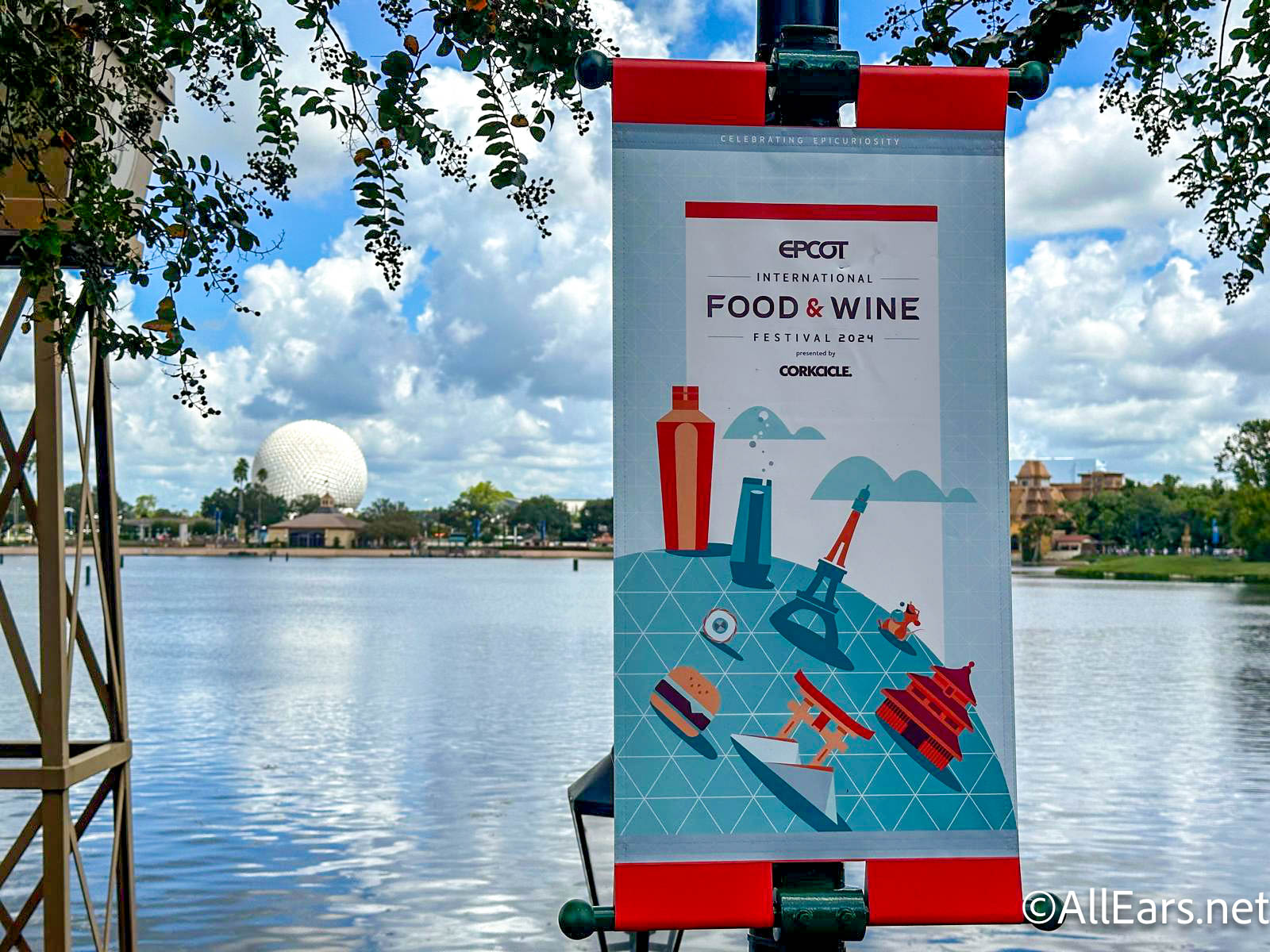
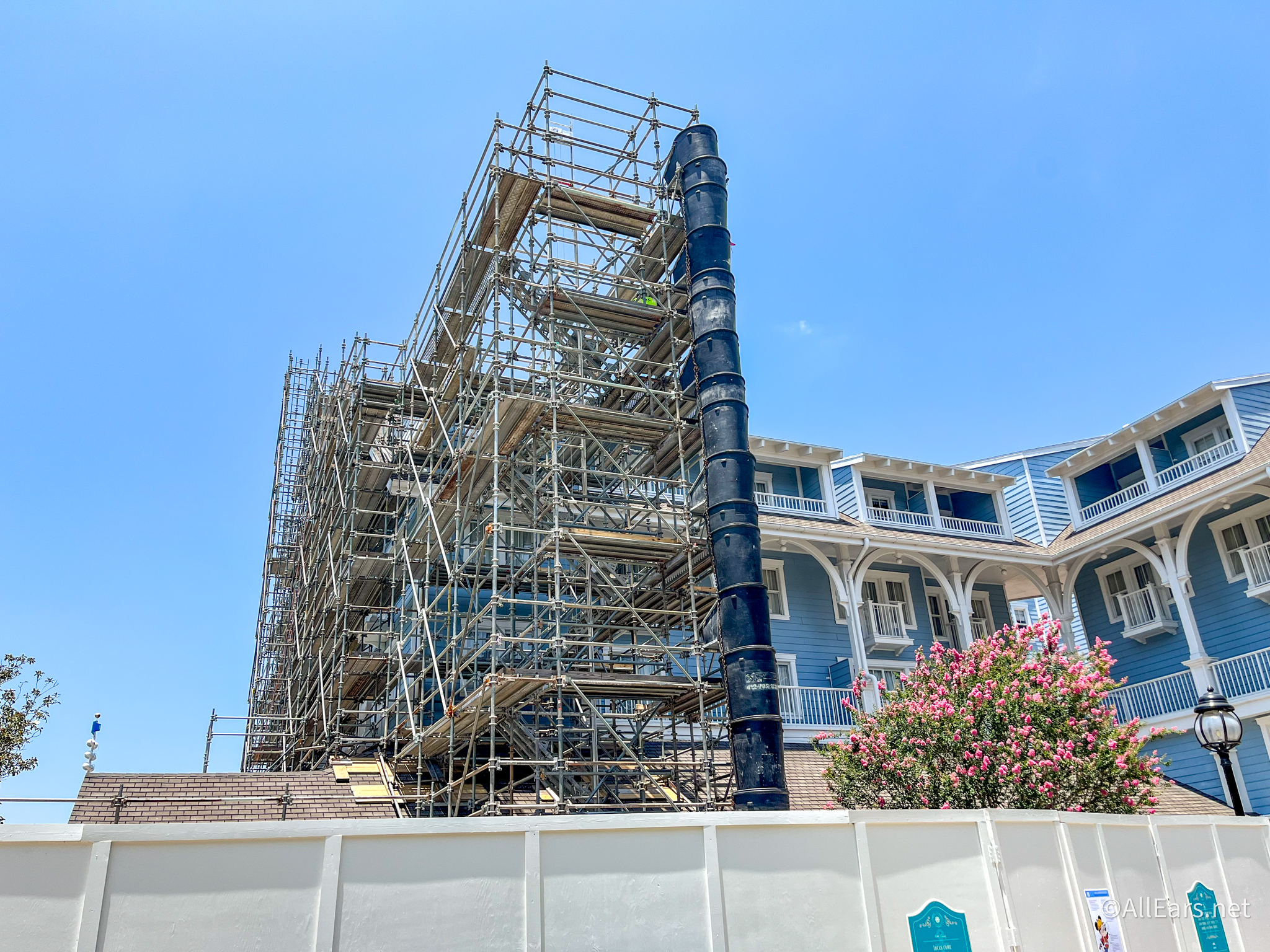
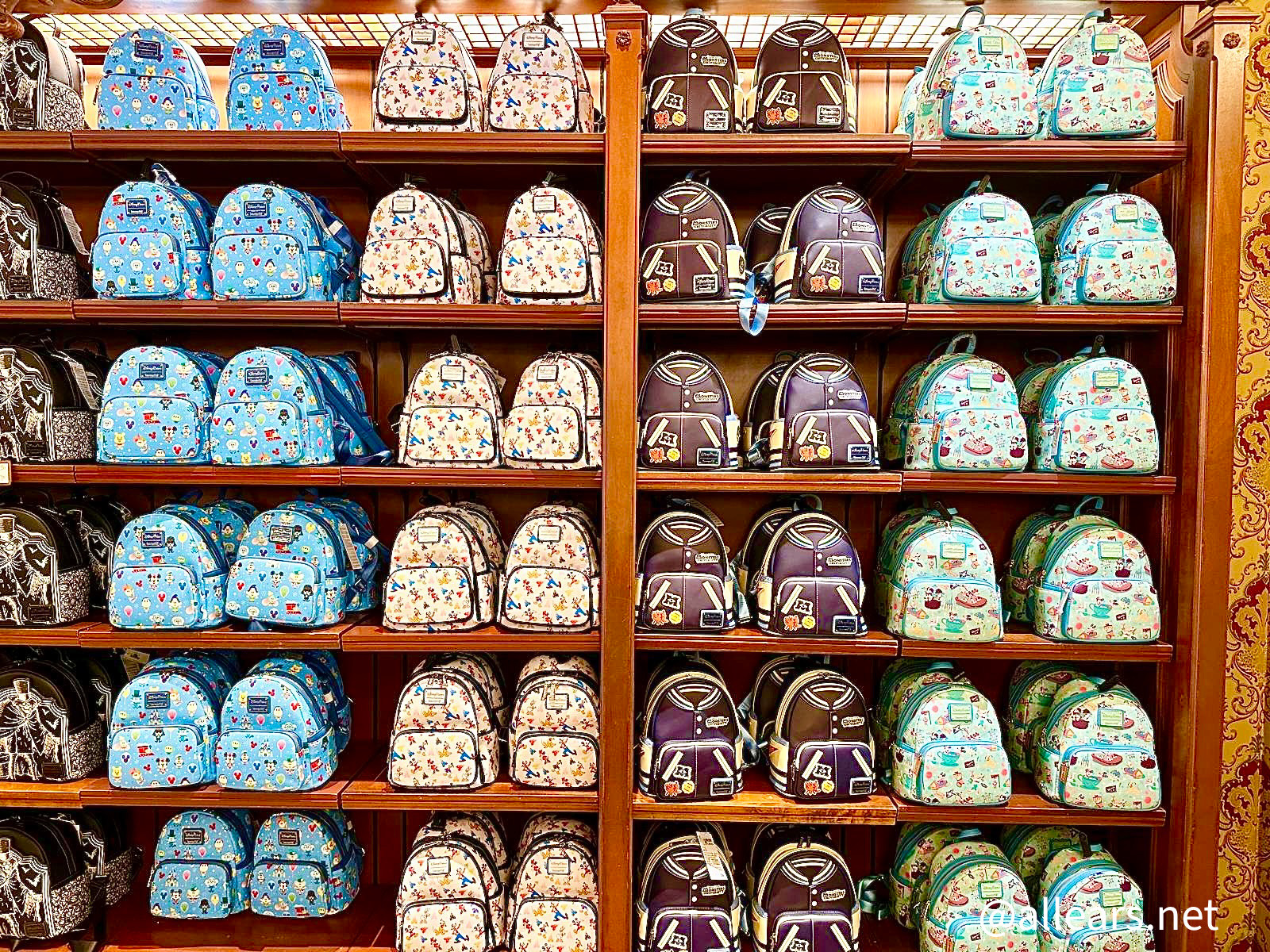
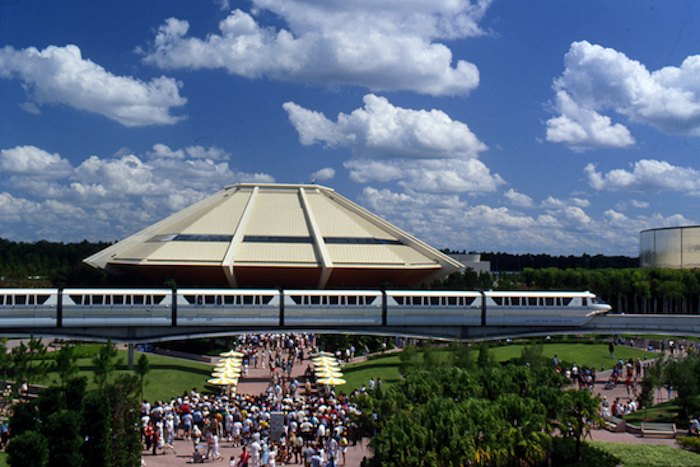

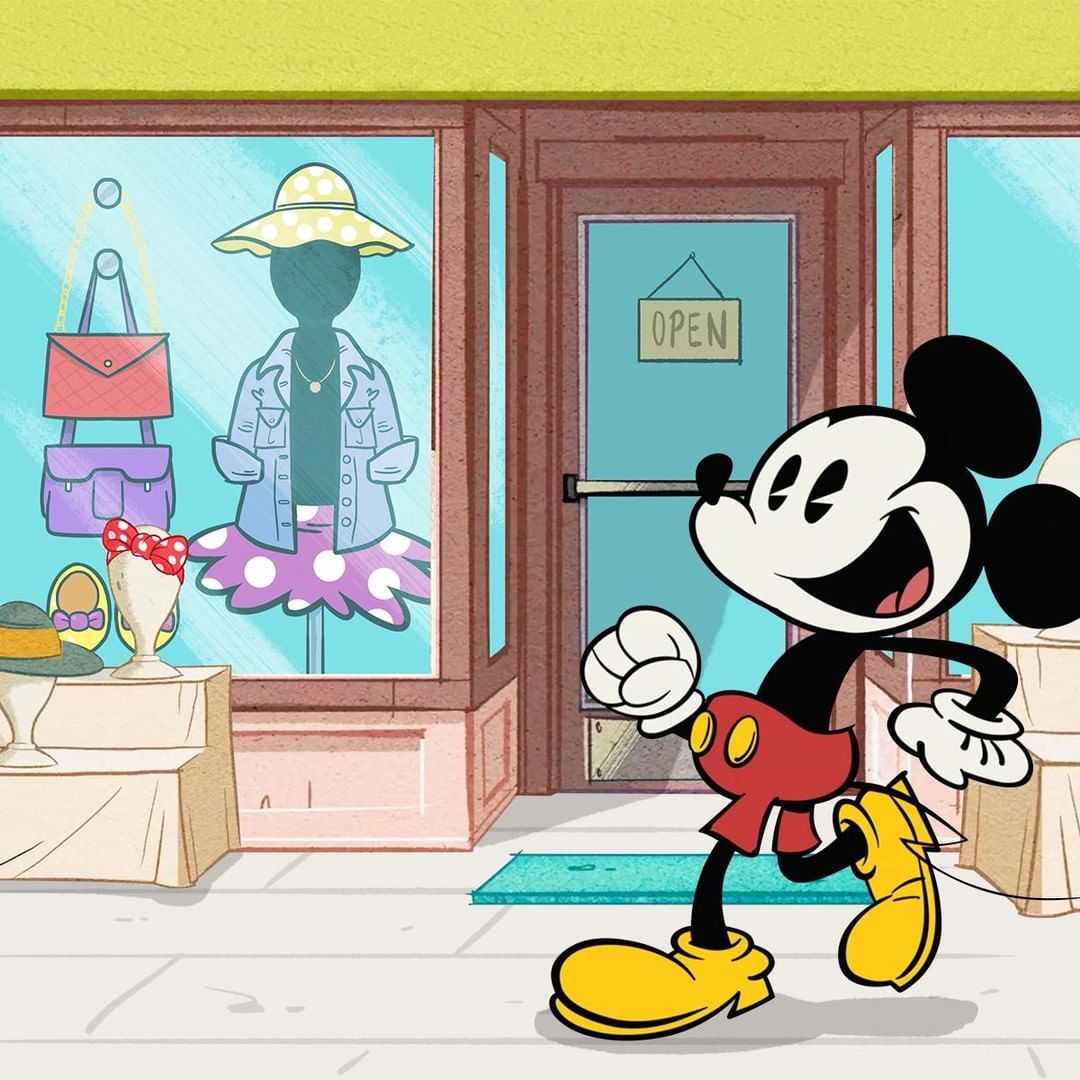






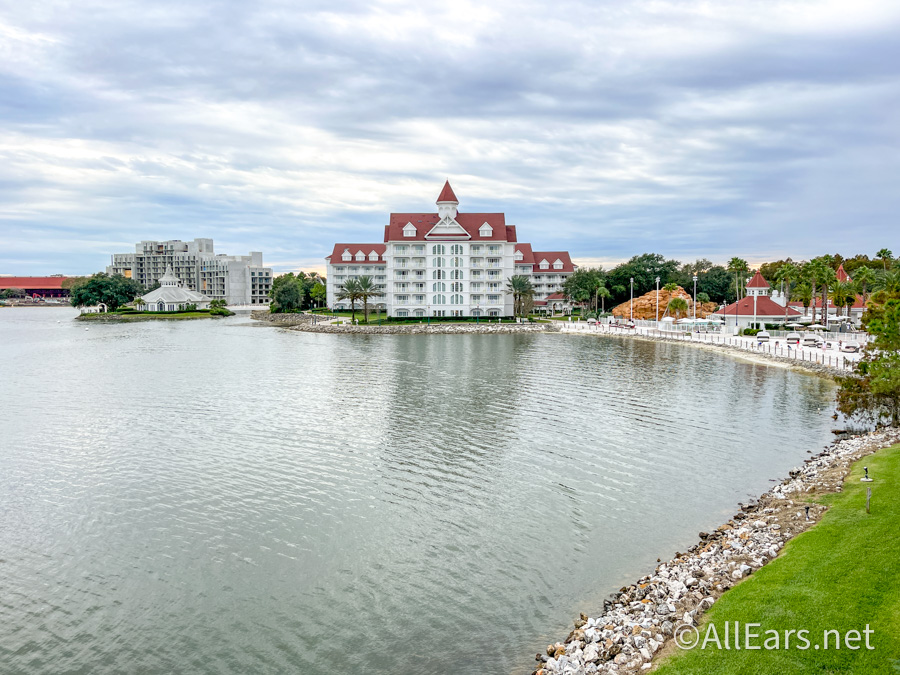
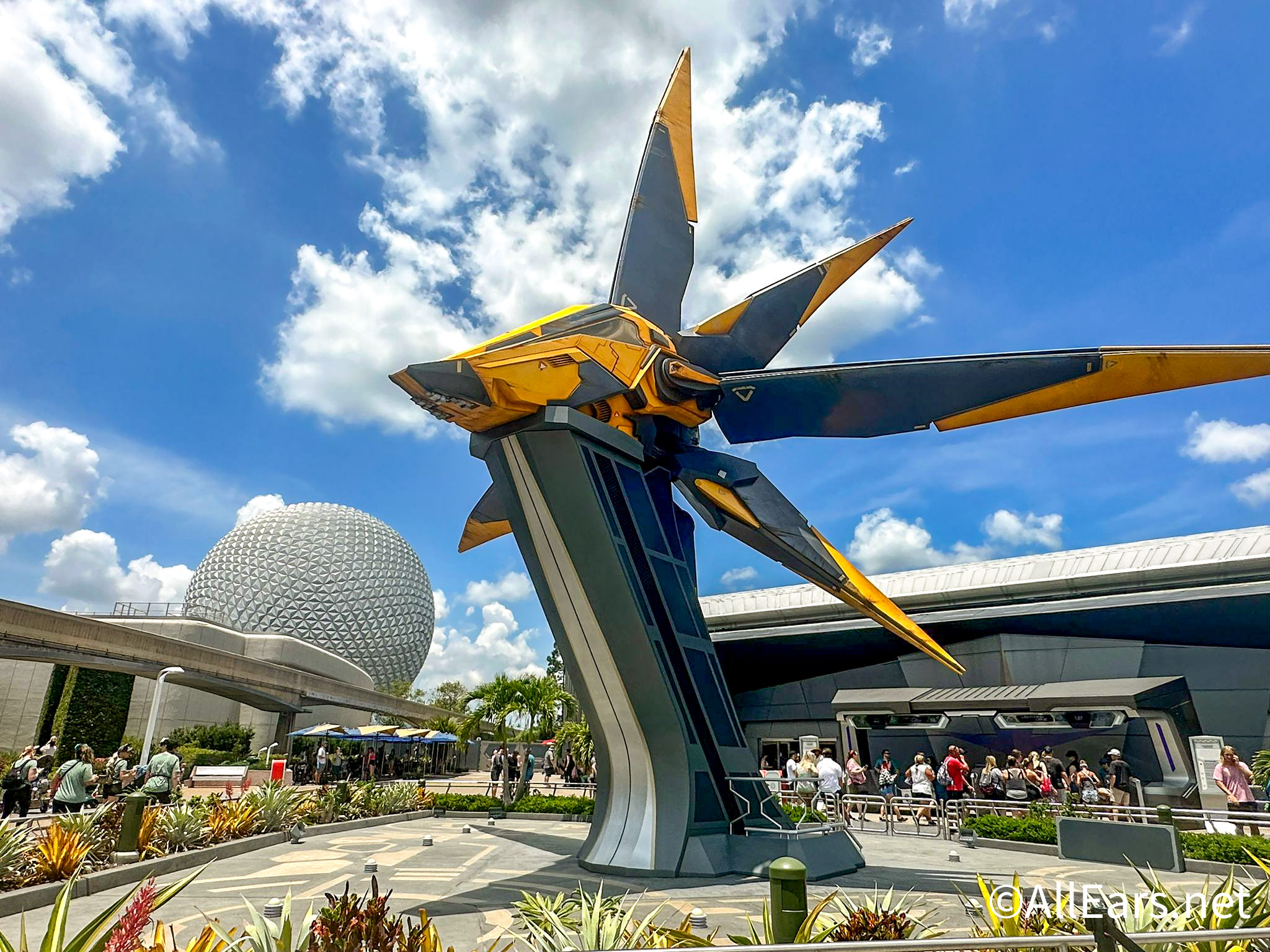
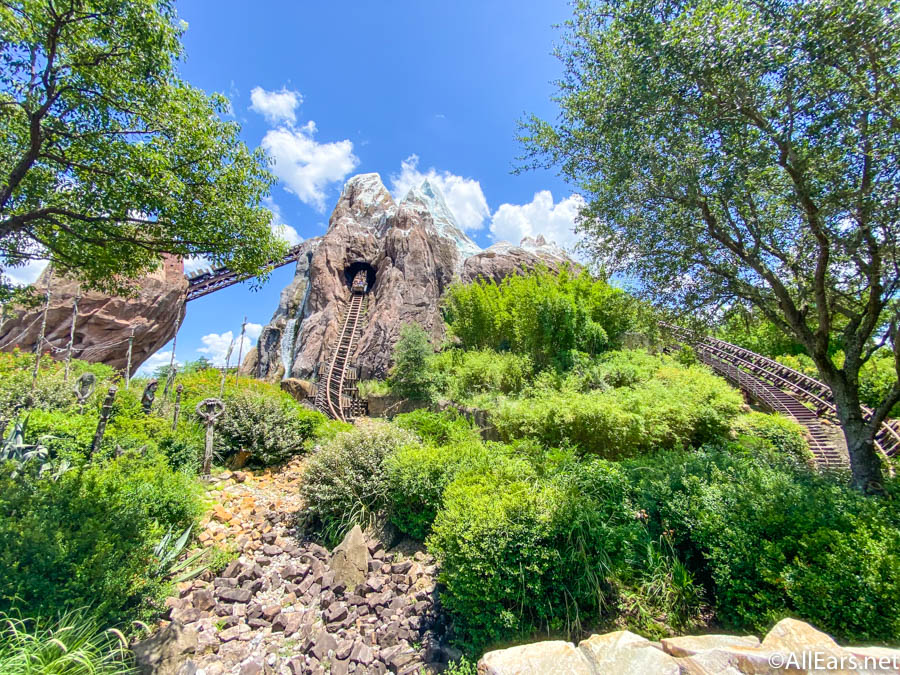




Have always wondered….the pagoda. There are musical performances from the first ‘balcony’, but nothing else. Can you go inside?